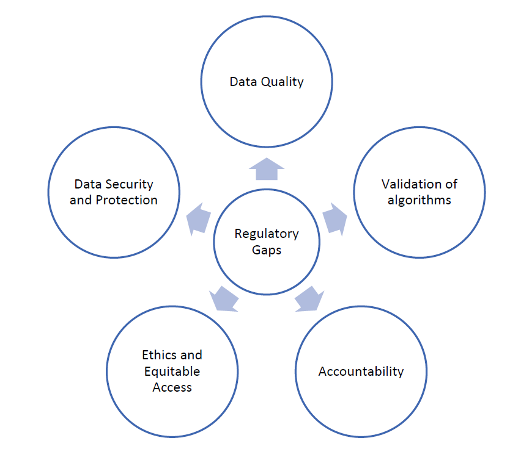
Digital Health
AI Governance in Healthcare: Addressing Emerging Risks and Realising Opportunities
The healthcare sector is increasingly confronted with structural challenges, including a shrinking workforce and a rising burden of chronic diseases—trends exacerbated by demographic ageing and epidemiological transitions. In response, digital health innovations, particularly those involving artificial intelligence (AI), are being explored as transformative tools to support the sustainability and quality of healthcare delivery.
The goal of AI in healthcare is to enhance patient health outcomes, improve population health, and support the well-being of healthcare professionals. AI technologies are rapidly advancing and hold significant potential to assist, automate, and augment a wide range of healthcare services—from diagnostics and triage to administrative workflow optimisation and personalised care.
However, the integration of AI into healthcare systems brings with it a distinct set of risks and regulatory challenges. Unlike traditional medical software, AI systems often possess autonomous, adaptive, and opaque characteristics that raise concerns around transparency, accountability, fairness, and safety. Current global regulatory frameworks, many of which focus on Software as a Medical Device (SaMD), may not sufficiently account for the dynamic nature of AI in healthcare applications.
To support safe and effective AI deployment, there is a growing call for global regulatory convergence. International efforts such as the US-EU Trade and Technology Council’s voluntary AI Code of Conduct offer a foundation for developing shared principles and harmonised governance approaches. Broader international collaboration could greatly benefit all nations by promoting innovation while safeguarding public trust.
In this context, CoRE conducted a comprehensive literature review to examine the current regulatory landscape for AI in healthcare services across developed nations. This analysis identified five major thematic gaps in existing governance mechanisms, particularly in the context of non-SaMD applications of AI in healthcare service delivery (as illustrated in the figure below)

To advance dialogue and policymaking, CoRE, in collaboration with HRG of MOH convened the first Artificial Intelligence (AI) Governance Roundtable for the Healthcare Sector on 4 April 2024. This landmark event brought together a curated group of multidisciplinary experts from the public sector, academia, clinical practice, law, industry, and patient advocacy. Participants discussed the opportunities and risks associated with AI in healthcare, including questions around clinical validation, ethical use, legal liability, patient empowerment, and institutional readiness. The Roundtable aimed to surface shared challenges and explore collaborative pathways towards a robust, fit-for-purpose governance framework that ensures the responsible and effective use of AI in Singapore’s healthcare sector. A second Roundtable, held on 1 August 2024, focused on refining these recommendations to enable the safe and responsible adoption of AI-driven healthcare innovations, offering valuable direction for the evolution of governance and stakeholder accountability in Singapore.